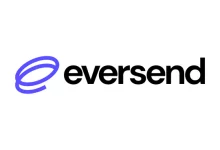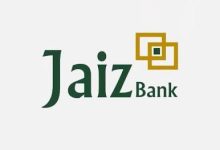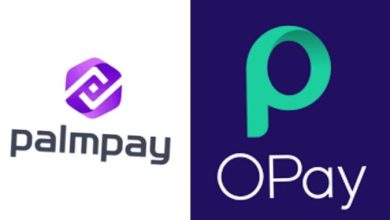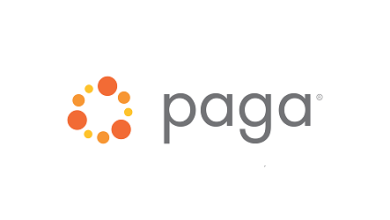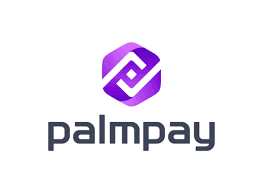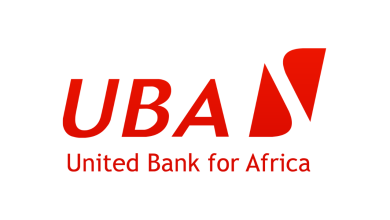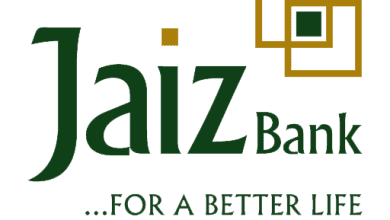What are Islamic Banks? List of Islamic Banks in Nigeria: their Origin, Growth and Details
Islamic banking has gained prominence in Nigeria over the years, with several institutions dedicated to providing Sharia-compliant financial services. These institutions adhere to the principles of Islamic law, which prohibit interest-based transactions and promote ethical and transparent financial practices. In this article, we will go deeper into Islamic banks, their origin, and growth, alongside highlighting the list of Islamic banks in Nigeria.
What are Islamic Banks
Islamic banks are financial institutions operating by Islamic law (Shariah), which prohibits interest (riba) and promotes ethical practices. In Nigeria, these banks adhere to Shariah principles, emphasizing fairness, justice, and risk-sharing. Unlike conventional banks, Islamic banks avoid interest-based transactions and unethical investments. Instead, they employ alternative methods like profit-sharing (mudarabah) and cost-plus financing (murabahah). Profits and losses are shared, reflecting a commitment to ethical finance. Islamic banks play a vital role in fostering financially responsible and ethical behaviors, offering a unique framework that aligns with Islamic finance principles.
The Origin and Growth of Islamic Banks in Nigeria
The emergence and growth of Islamic banking in Nigeria traced back to the late 1990s and early 2000s, rooted in the principles of Islamic law. The first Islamic bank, Jaiz Bank, was established in 2003, responding to the rising demand for Shariah-compliant financial services in a country with a substantial Muslim population. Over the years, Nigeria has witnessed a remarkable expansion of its Islamic banking sector, driven by increased awareness of ethical financial practices and the benefits offered by Islamic banking.
With notable institutions like Jaiz Bank, Al Baraka Bank, Islamic Development Bank (IDB) Nigeria, Nigeria International Islamic Finance (NIIF), First Islamic Investment Bank of Nigeria (FIIB), and Al-Muntaka Islamic Investment Bank, Islamic banks in Nigeria have become reliable and trustworthy, offering a diverse range of Shariah-compliant products and services.
The industry has experienced rapid growth, with total assets reaching NGN214.8 billion in the first half of 2020, representing less than one percent of the total assets held by banks in the country. Factors contributing to this growth include Nigeria’s significant Muslim population, increasing awareness of Islamic banking practices, government support, and a rising demand for Shariah-compliant financial solutions.
Jaiz Bank
Jaiz Bank stands as the pioneer and leading Islamic bank in Nigeria, having been established in 2003 and fully operational since 2012. It received its license from the Central Bank of Nigeria (CBN) and is headquartered in Abuja, the nation’s capital. Jaiz Bank offers a diverse range of Sharia-compliant banking products and services to individuals, businesses, and institutions.
Al Baraka Bank
A subsidiary of the Al Baraka Banking Group in the Middle East, Al Baraka Bank is a key player in Nigeria’s Islamic banking sector. The bank provides Shariah-compliant financial services, including deposit accounts, financing, and investment services. Al Baraka Bank’s commitment to Islamic finance principles contributes to the growth of ethical banking practices in Nigeria.
Islamic Development Bank (IDB) Nigeria
As a global development finance institution headquartered in Saudi Arabia, the Islamic Development Bank has a branch in Nigeria dedicated to offering financing and investment services in line with Islamic finance principles. The bank plays a crucial role in supporting economic and social development in Nigeria through Sharia-compliant financial instruments.
Nigeria International Islamic Finance (NIIF)
NIIF, a specialized financial institution, focuses on providing financing and investment services to foster the growth of Islamic finance in Nigeria. The bank’s services are designed to promote financial inclusion and contribute to the overall development of the country’s economy.
First Islamic Investment Bank of Nigeria (FIIB)
FIIB is a specialized Islamic investment bank dedicated to providing ethical, transparent, and development-oriented investment and financing services. The bank plays a vital role in supporting the growth of the Islamic finance sector in Nigeria.
Al-Muntaka Islamic Investment Bank:
As a specialized investment bank, Al-Muntaka Islamic Investment Bank focuses on providing investment and financing services that align with the principles of Islamic finance. The bank actively promotes financial inclusion and supports the expansion of the Islamic finance sector in Nigeria.
SunTrust Bank
SunTrust Bank, a commercial bank with a dual offering of Islamic and conventional banking services, obtained its license from the CBN in 2015. Coronation Merchant Bank, a leading financial institution in Nigeria, established its Islamic banking arm, Coronation IB, in 2014 to meet the growing demand for Sharia-compliant financial products and services.
Jabeer Investment Company Limited
Jabeer Investment Company Limited operates as an Islamic finance institution, providing capital and investment opportunities in compliance with Sharia principles. Halal Investment Limited specializes in offering ethical investment options, including real estate investment, equity investment, and commodity trading. TrustBank Takaful, a subsidiary of TrustBank Plc, focuses on providing Takaful (Islamic insurance) products and services based on mutual cooperation and risk-sharing.
F.A.Q
How many Islamic banks are in Nigeria?
Nigeria currently has one Islamic bank, Jaiz Bank, as well as two banks with Islamic windows, Sterling Bank and Stanbic IBTC. Additionally, there are a handful of takaful players contributing to the Islamic financial landscape in the country.
What is the origin of Islamic banking?
In 1963, the first modern Islamic bank was established in rural Egypt by economist Ahmad Elnaggar. This bank aimed to appeal to people who lacked confidence in state-run banks, marking the beginning of modern Islamic banking.
How many types of Islamic banking are there?
Islamic banking encompasses various types, including Musharaka, Mudaraba, Murabaha, Musawama, Leasing, Salam, and Istisna, each adhering to Sharia principles.
Which Islamic banks are in Nigeria
As of now, Jaiz Bank, TAJ Bank, and Lotus Bank are the key players in Islamic banking in Nigeria.
What is the name of the Islamic bank in Nigeria?
The primary Islamic bank in Nigeria is Jaiz Bank Plc, operating under Islamic banking principles as a non-interest bank.
When was Islamic bank established in Nigeria?
The first fully Islamic bank in Nigeria, Jaiz Bank, was established in 2012.
Who introduced Islamic banking in Nigeria?
Zamfara state introduced sharia law in 1999, and in line with sharia law, the Zamfara state government created the Halal Islamic Bank.
Which is the first Islamic bank in the world?
The first Islamic bank in the world was the Mit Ghamr Local Savings Bank, established in Egypt in 1963.
Which is the largest Islamic bank in the world?
Al Rajhi Bank, based in Saudi Arabia, is recognized as the largest Islamic bank globally.
Is Jaiz Bank only for Muslims?
The managing director of Jaiz Bank, Dr. Sirajo Salisu, emphasizes that the bank is purely a business entity without religious biases, operating under Sharia laws.
What are the features of Islamic banking in Nigeria?
Islamic banking in Nigeria is characterized by the prohibition of interest, low consumer lending, profit and loss sharing, and a focus on high real sector investing.
Is Islamic banking legal in Nigeria?
The introduction of non-interest Islamic banking products into the Nigerian banking system is deemed lawful, with recognized benefits to the country.
